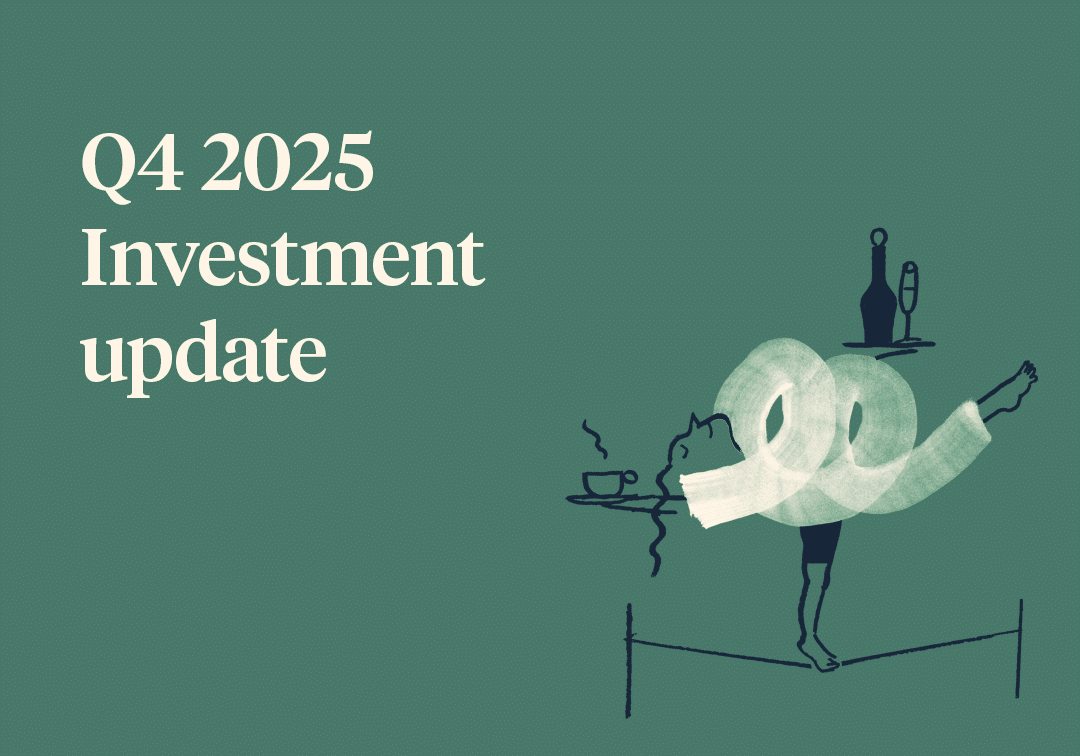The most common advice you hear is to diversify your investment portfolio. Strategically diversifying your tax wrappers and implementing smart retirement tax strategies can be just as impactful on your long term wealth as maintaining a well-diversified investment portfolio.[1]
Understanding retirement taxes
To achieve tax efficiency in retirement, it’s important to understand the different taxes that may apply to you. Different types of income and how you access your funds can affect your retirement and tax planning. Here’s a brief overview of the key taxes you should be aware of:
Income tax
Income tax applies to various retirement income sources, including:
- State Pension: The State Pension is considered taxable income, though it’s paid without deductions. It will be taxed at your marginal rate (20%, 40%, or 45%) depending on your total income.[2]
- Pension withdrawals: When you withdraw money from a pension (for example, defined contribution pensions, personal pensions), the amount is generally subject to income tax. If you take a lump sum, the first 25% is tax free, but the remaining 75% is taxed as income at your applicable rate.[1]
- Annuities: If you’ve purchased an annuity with the taxable portion of your pension pot, the income from the annuity is also taxable as income.
- Other: Additional sources of funds in retirement, such as rental income, dividends, or interest from savings, may be subject to tax, depending on the type and tax treatment of each source.
Tax free cash
When accessing your pension, you can usually take up to 25% of the total value as a tax free lump sum. This is capped at £268,275. The remaining 75% is taxable when withdrawn. Utilising this effectively is key to tax-efficient retirement withdrawal strategies, helping to access savings without incurring immediate tax burdens.[1]
Dividend tax
For those receiving income from investments like stocks or shares, dividend income is subject to tax. However, you are allowed an annual £500 tax free dividend allowance.[3]Dividend payments from investments held in ISAs remain tax-free
Beyond your dividend allowance, dividend income is taxed at different rates based on your income tax band:
- Basic rate: 8.75%
- Higher rate: 33.75%
- Additional rate: 39.35%
Savings interest tax
Interest from savings accounts, such as from bank or building society deposits, is subject to income tax, but you are entitled to an annual Personal Savings Allowance[4]:
- Basic rate taxpayers: £1,000
- Higher rate taxpayers: £500
- Additional rate taxpayers: £0
Any interest earned beyond the allowance is taxed according to your income tax rate.
Capital Gains Tax (CGT)
If you sell investments or assets, you may be liable for Capital Gains Tax on any gains above the annual exempt amount (currently £3,000).[5] Effective tax-efficient retirement planning can involve utilising CGT allowances to optimise withdrawals. The rates for CGT are:
- 18% (basic rate taxpayers)
- 24% (higher and additional rate taxpayers)
However, there are exemptions, so it is worth speaking to a financial adviser for retirement tax planning.
Inheritance tax (IHT)
Though not directly affecting your retirement income, retirement tax planning advice often includes strategies for minimising inheritance tax. Generally, IHT applies to estates worth over £325,000. The standard IHT rate is 40% on the value above the threshold, though there are exemptions and reliefs that can reduce this burden.[6] The Residence Nil Rate Band (RNRB) may be available if certain criteria are met, potentially increasing the tax-free threshold when passing on a main residence to direct descendants.[7]





